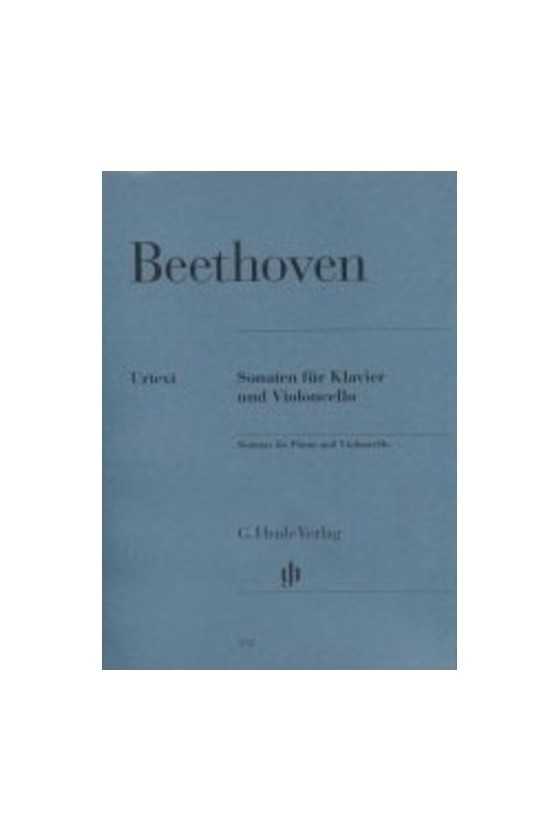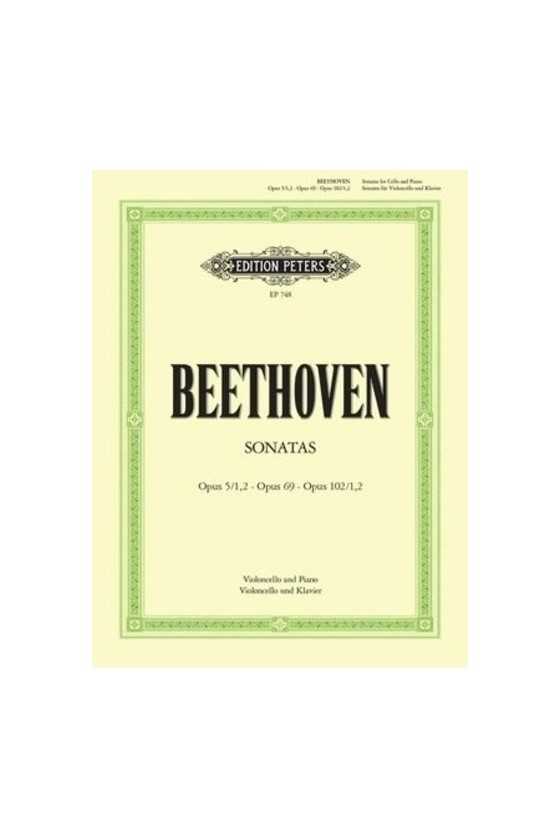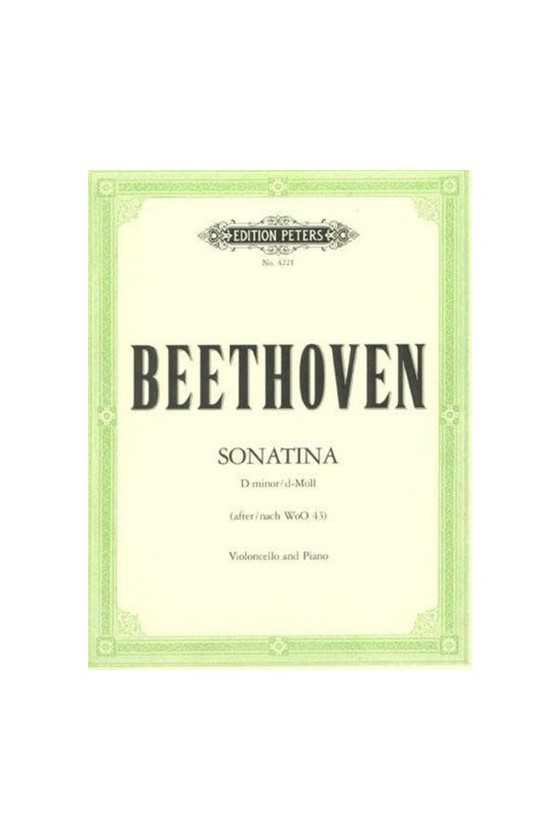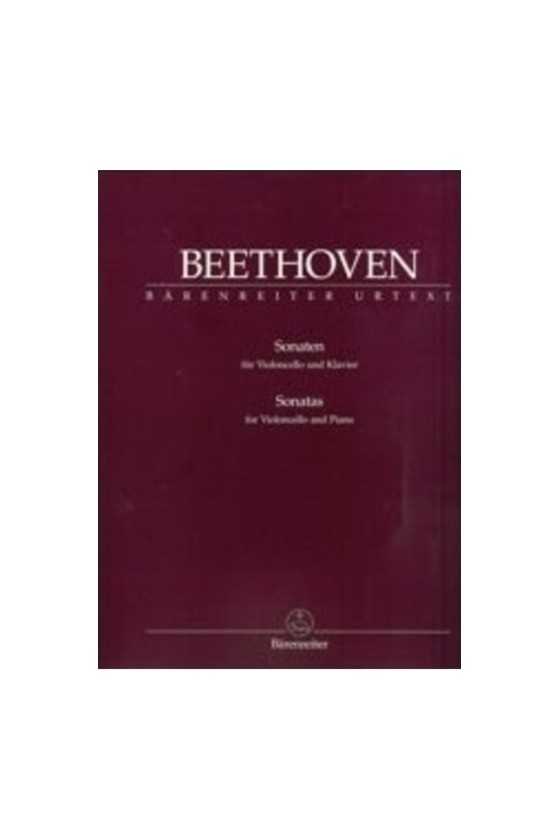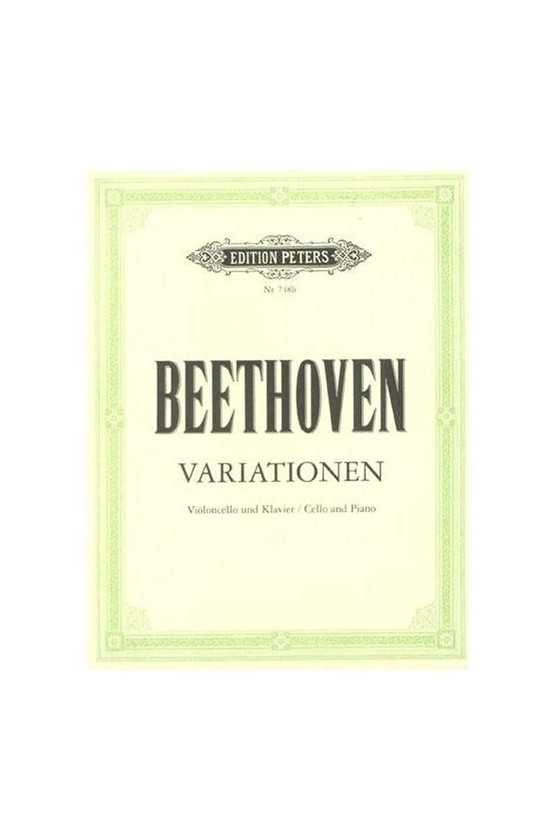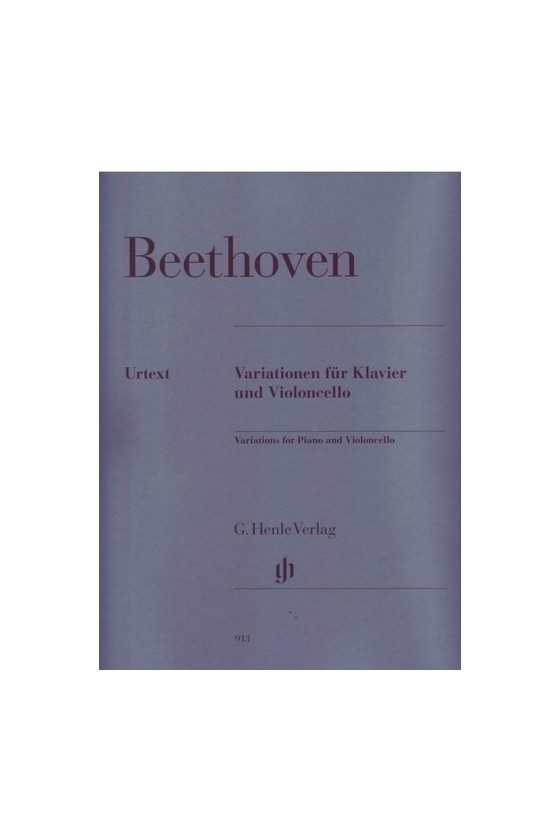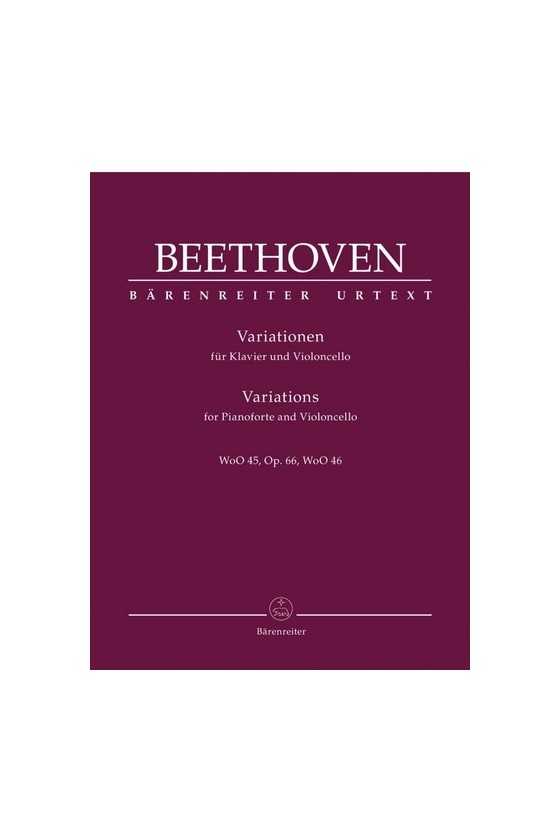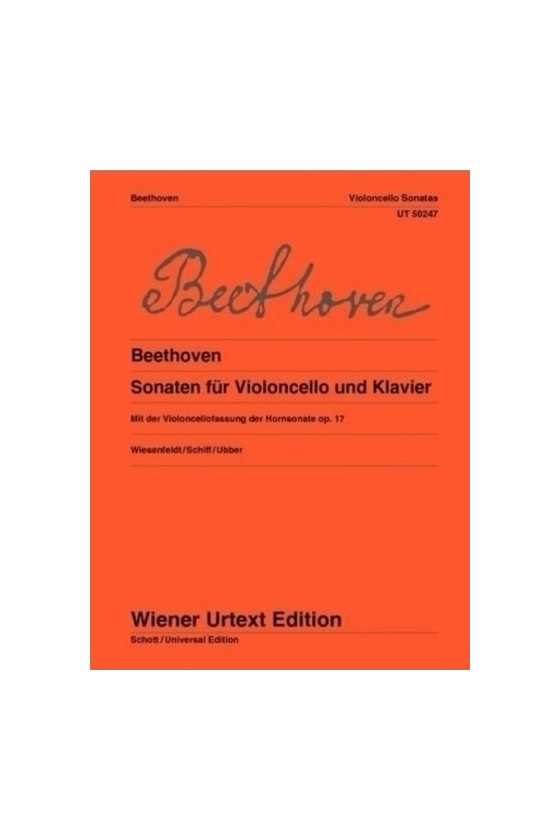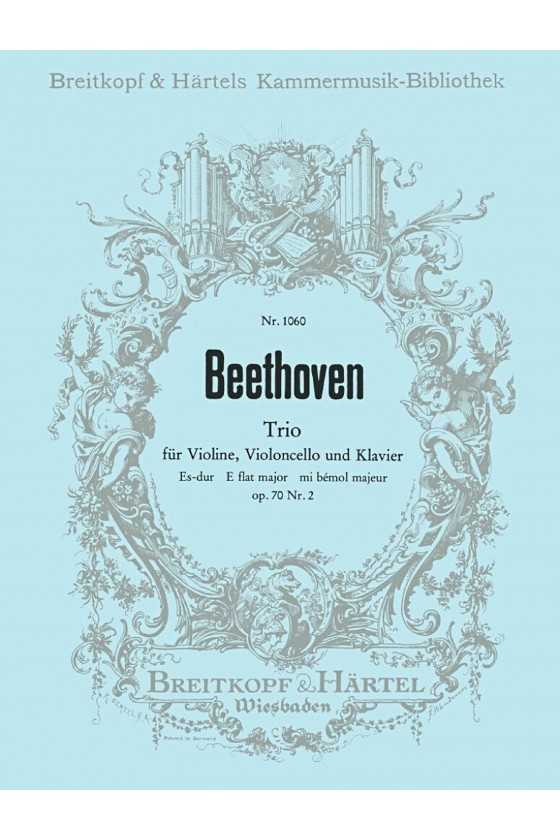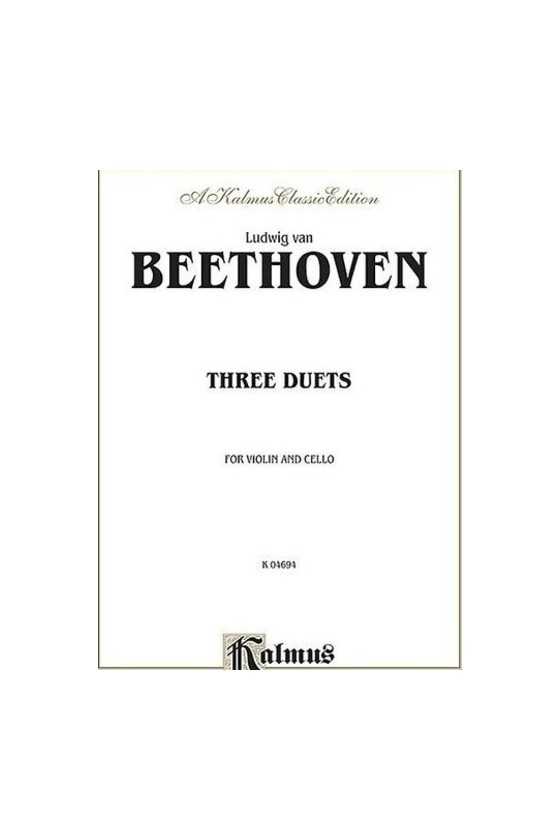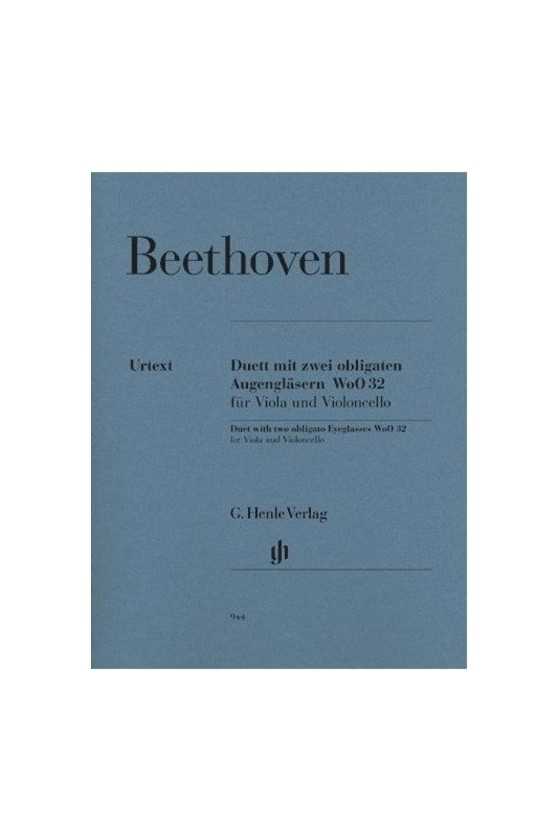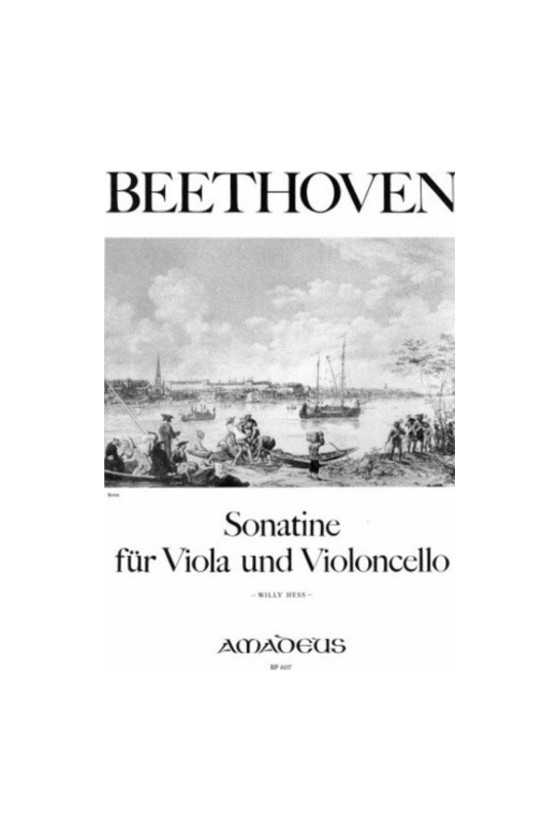Beethoven, Ludwig van
Ludwig van Beethoven is one of the most celebrated composers of all time. His music has captivated audiences for over two centuries, and his influence can still be felt in contemporary classical and popular music. But who was the man behind the music? What inspired him to create such timeless masterpieces?
Beethoven’s Early Life and Musical Education
Ludwig van Beethoven was born in Bonn, Germany, in 1770. He was the second of seven children born to Johann van Beethoven, a court musician, and Maria Magdalena Keverich. Beethoven's father recognized his son's musical talent at an early age and began teaching him the piano and violin. Unfortunately, Beethoven's father was also an alcoholic and often abusive toward his son, making Beethoven's childhood tumultuous. Despite his challenges at home, Beethoven's talent continued to grow. He studied with several renowned musicians, including Christian Gottlob Neefe, who became his mentor. Neefe recognized Beethoven's exceptional ability and allowed him to play with the Bonn court orchestra. This was a crucial turning point in Beethoven's life, allowing him to showcase his talent and gain recognition as a musician. Beethoven's early works, such as his piano sonatas and early chamber music, were heavily influenced by the classical music of Mozart and Haydn, who were also popular during this period.
Beethoven’s Musical Works and Genres
Beethoven's music spans various genres, from solo piano to large-scale symphonies. He was a prolific composer with over 700 works, including nine symphonies, five piano concertos, one violin concerto, and various chamber music, choral music, and operas. Beethoven's music is characterized by its emotional intensity, innovative harmonic language, and use of motivic development. Beethoven's early works, such as his Op. 1 piano trios and Op. 18 string quartets, were heavily influenced by the classical style of Mozart and Haydn. However, as Beethoven matured as a composer, his music became more personal and introspective. His middle-period works, such as the "Eroica" Symphony and the "Appassionata" Piano Sonata, were notable for their increased emotional intensity and use of unconventional forms. Beethoven's later works, such as the Ninth Symphony and the "Late Quartets," were characterized by their experimental harmonies and complex polyphony.
Beethoven and the Development of the Symphony
Beethoven's influence on the development of the symphony cannot be overstated. He expanded the traditional symphonic form, adding new emotional depth and complexity dimensions. Beethoven's Ninth Symphony, in particular, was groundbreaking in its use of voices in the final movement, which was the first time a choral finale was used in a symphony. Beethoven's symphonies were also notable for their innovative use of motivic development, allowing him to create cohesive works that were structurally sound and emotionally powerful. Beethoven's influence on the symphony can still be felt in contemporary classical music. Many composers have been inspired by his use of harmony, form, and motivic development and have incorporated these elements into their works.
Beethoven’s Deafness and Its Impact on His Music
Beethoven's hearing loss is one of the most well-known aspects of his life. He began to experience hearing problems in his late twenties, and by age 44, he was completely deaf. This was a devastating blow for Beethoven, who relied heavily on his hearing to compose and perform his music. Despite his deafness, Beethoven continued to compose some of his most iconic works, including his Ninth Symphony and the "Late Quartets." He used various techniques to overcome his hearing loss, such as placing a rod between his teeth and touching it to his piano to feel the vibrations of the notes. Nevertheless, Beethoven's deafness profoundly influenced his music, forcing him to rely on his inner ear and imagination to create his works. This led to some of his most innovative and introspective music, which continues to inspire and captivate audiences today.
Beethoven’s Influence on Classical and Romantic Music
Beethoven's impact on classical and romantic music cannot be overstated. He was a pivotal figure in the transition from the classical to the romantic era, and his music paved the way for future composers. Beethoven's use of harmony, form, and motivic development was groundbreaking, and his emotional intensity and introspection set the stage for the Romantic period. Many composers have been influenced by Beethoven's music, including Brahms, Mahler, and Wagner. Beethoven's Ninth Symphony, in particular, has inspired countless composers, and its choral finale has become one of the most iconic moments in classical music.
Beethoven’s Legacy and Enduring Popularity
Beethoven's legacy continues today, more than two centuries after his death. His music has been performed and recorded countless times, and his influence can be heard in a wide range of genres, from classical to pop. Beethoven's music has also been used in films, television shows, and commercials, further cementing his place in popular culture. Beethoven's enduring popularity can be attributed to his ability to capture the human experience in his music. His works are deeply emotional and introspective, speaking to universal themes such as love, loss, and triumph. As a result, Beethoven's music has the power to move and inspire audiences, and it continues to be an important part of our cultural heritage.
Conclusion
Ludwig van Beethoven was a musical genius whose legacy continues to inspire and captivate audiences today. His music is characterized by its emotional intensity, innovative harmonies, and use of motivic development. Beethoven's impact on the symphony and classical and romantic music cannot be overstated, and his enduring popularity is a testament to the power and beauty of his music. We may never fully understand the man behind the legend, but through his music, we can glimpse his soul and the timeless legacy he left behind.
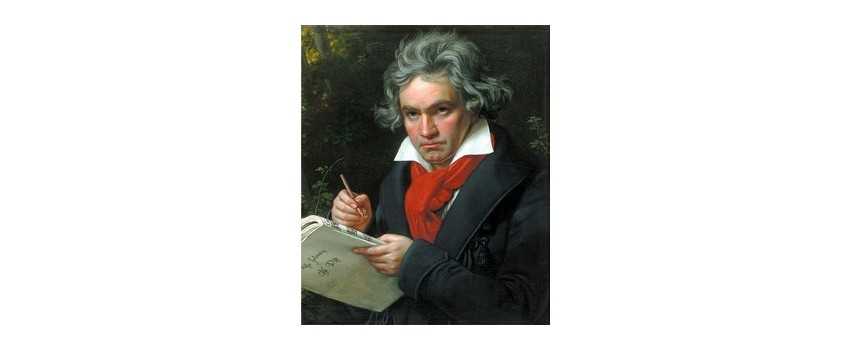
Beethoven, Cello Sonatas Op. 5 Op. 69 Op. 102 (Peters)
Beethoven, Cello Sonatas Op. 5 Op. 69 Op. 102 (Peters)
Beethoven, Sonatas For Cello And Piano Complete (Barenreiter)
Beethoven, Sonatas for Cello and Piano Complete Urtext (Barenreiter)
Beethoven, Variations For Cello And Piano (Henle)
Beethoven Variation for Piano and Violincello
Bach, Complete Variations For Cello/Piano (Barenreiter)
Bach, Complete Variations For Cello/Piano (Barenreiter)
Beethoven, Sonatas For Cello and Piano Beethoven (Schott/Universal)
Sonatas for cello and Piano Beethoven (Schott/Universal Edition)
Beethoven 3 Duets For Violin & Cello (Breitkopf & Härtel)
Ludwig Van Beethoven composed the classical Piano Trio, Beethoven 3 Duets for Violin and cello. It is arranged for violin, cello, and piano and comes in a 52-page softcover book published by Breitkopf and Härtel.

